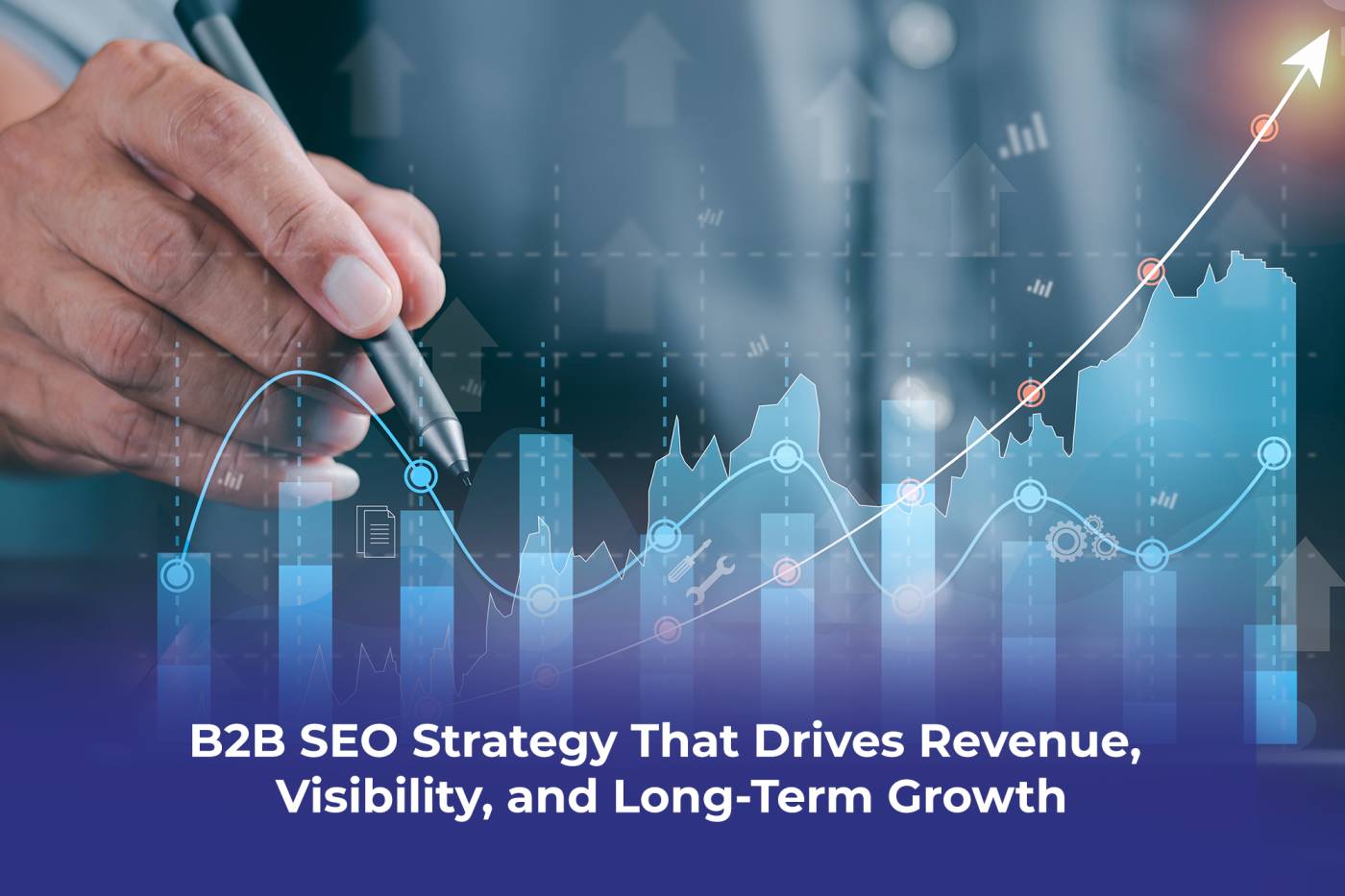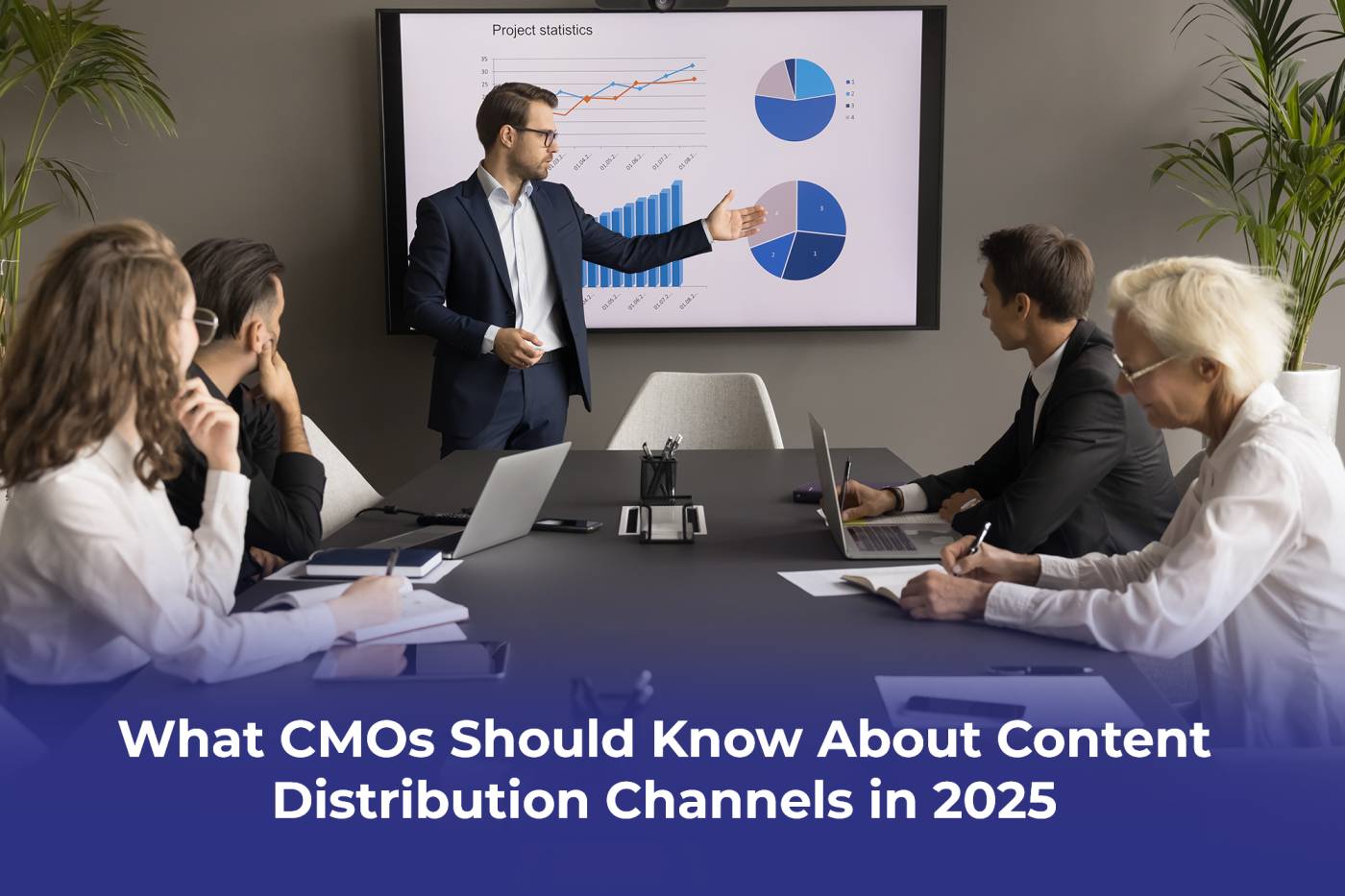Summary
For B2B companies aiming to stay ahead in 2025, a well-structured B2B SEO strategy isn’t just a nice-to-have; it’s a critical growth engine. This guide breaks down how enterprise-grade SEO planning fuels visibility, increases qualified traffic, and drives revenue. From technical structure to search intent alignment and AI search readiness, we’ll explore actionable insights that help brands scale meaningfully in organic search and beyond.
Search is no longer about keywords alone; it’s about precision, context, and how your brand appears across multiple search endpoints, including traditional engines and AI-driven systems. At Proton Effect, we focus on building an integrated B2B SEO strategy that connects marketing goals with technical structure and high-impact content. Whether you’re managing a SaaS growth engine or a mid-market B2B site, your SEO must be systematic, measurable, and business-aligned.
1. Start with SEO as a Growth Framework — Not a Checklist
Too often, companies treat SEO like a box to tick. But for B2B SEO, success starts with thinking strategically. Your SEO roadmap must support the customer journey, align with funnel stages, and reflect your offering’s actual value in search results. We build SEO architectures around business priorities, from awareness to conversion.
2. Site Performance and Indexation Setup
Before content or keywords, ensure your technical foundation is solid:
- Crawlability & Indexation: Fix crawl errors, optimize robots.txt, and manage canonical tags.
- Site Architecture: Design clear, scalable URLs and page groupings for topic alignment.
- Core Web Vitals: Reduce LCP, FID, and CLS scores to meet performance thresholds.
- Mobile Optimization: Ensure rendering and interactivity are flawless on all devices.
- HTTPS & Security: Meet modern standards for trust and search visibility.
These factors not only improve organic ranking but also impact how well AI search interfaces process your content.
3. Content Optimization that Matches Intent
Google and AI models now prioritize semantic context. That’s why your B2B SEO approach must structure content using:
- Clear header hierarchies (H1–H6)
- Internal links that guide users and crawlers logically
- Entity-focused content that maps to concepts, not just keywords
- Schema Markup for FAQs, articles, product info, and more
You’re not just writing for humans, you’re helping search engines make sense of your site at scale. Integrating natural language processing (NLP) tactics ensures you’re speaking the same language. Every single page needs 100% hand-written unique content.
Otherwise, you’ll run into issues with duplicate content. And your pages won’t rank.
4. Search Engine + AI Engine Optimization
In 2025, traditional ranking factors are only part of the equation. Our B2B SEO strategies now optimize for:
- Featured Snippets and People Also Ask boxes
- AI summaries across platforms like ChatGPT, Gemini, and Perplexity
- Schema-driven content structures that allow answer engines to surface your brand accurately
5. Performance Metrics and Growth Attribution
SEO without measurement is guesswork. That’s why we track:
- Ranking growth and CTR trends
- Funnel attribution to MQLs and revenue-qualified leads
- Schema visibility and structured data indexing
- Behavior signals via GA4 and Search Console
When you consistently apply content performance metrics, you can refine your SEO with confidence and precision.
6. Align SEO with the Buyer Journey
Your B2B SEO strategy should guide buyers from the first touch to the decision stage. This requires mapping:
- Top-of-funnel keywords to thought leadership and discovery content
- Middle-funnel terms to product/service comparisons
- Bottom-funnel pages to conversion-ready queries and CTAs
By structuring your site and content this way, SEO becomes a long-term lead engine.
Conclusion
In today’s search environment, tactical optimization won’t be enough. You need a clear, adaptable B2B SEO strategy that supports visibility, fuels demand generation, and earns trust across search and AI platforms. Whether you’re refining your brand voice, improving your content ROI, or building thought leadership content, SEO should be fully integrated into your marketing plan.
Proton Effect partners with forward-thinking companies to turn organic search term into a scalable growth channel. Let’s build an SEO strategy that works, not just for rankings, but for business outcomes.




